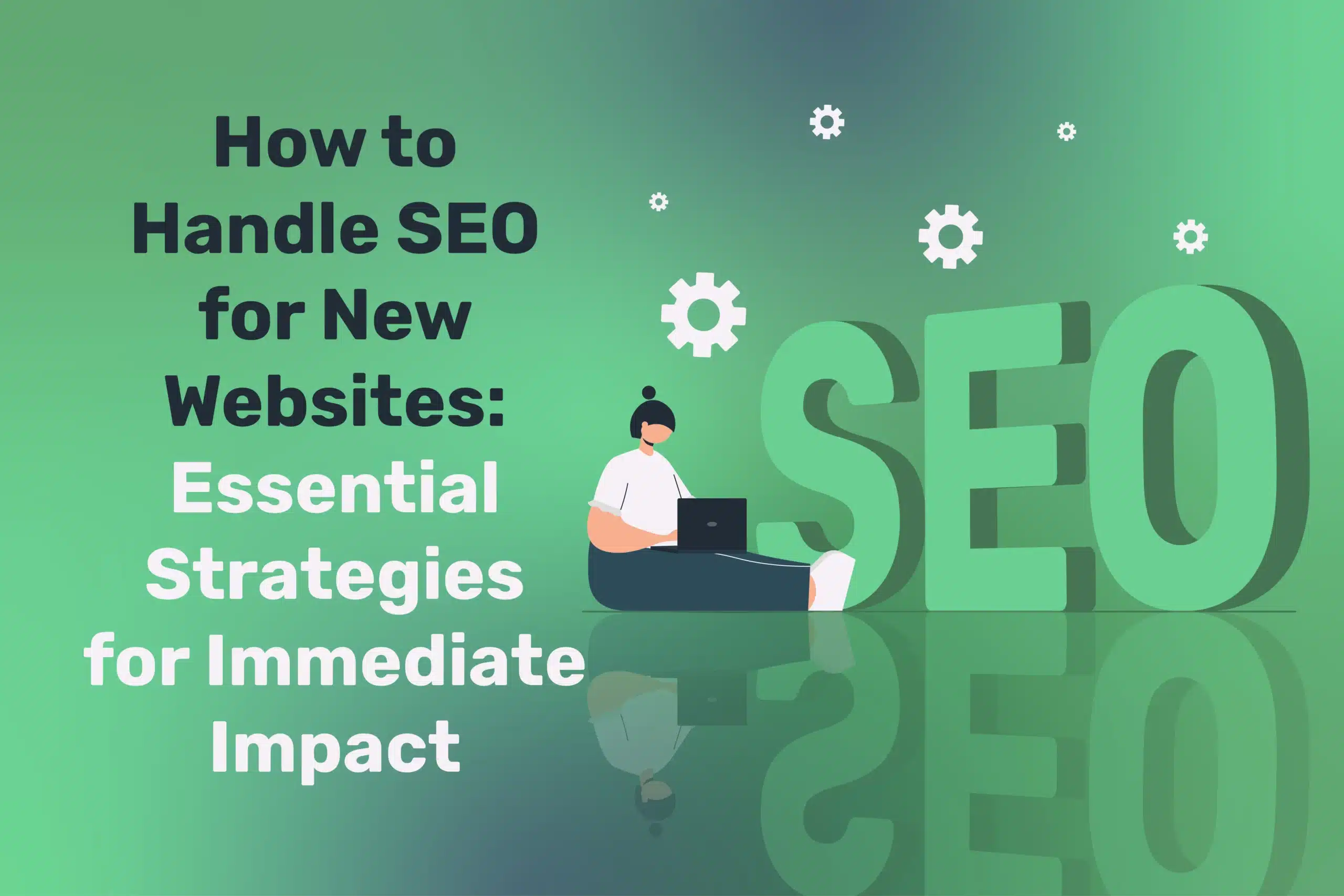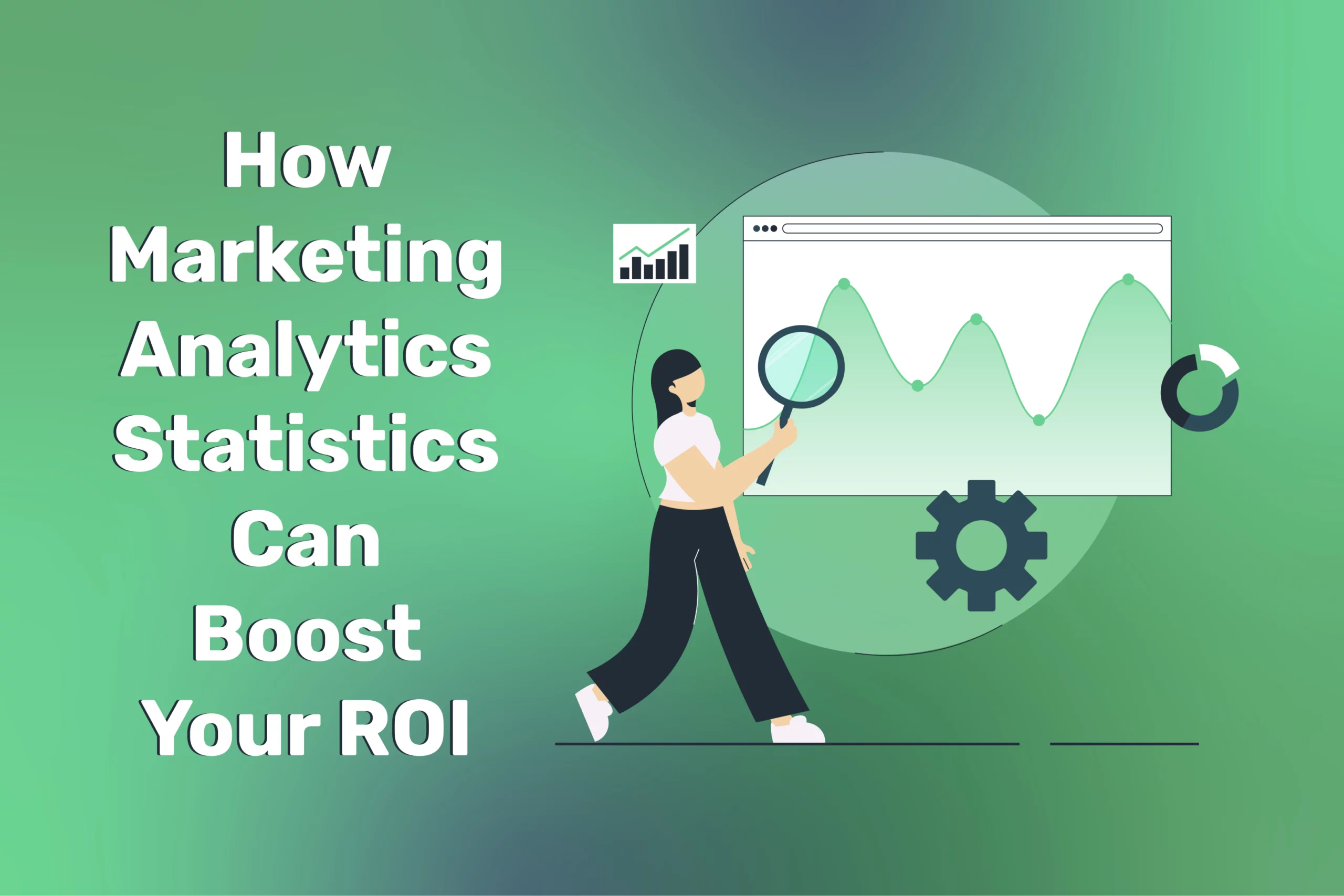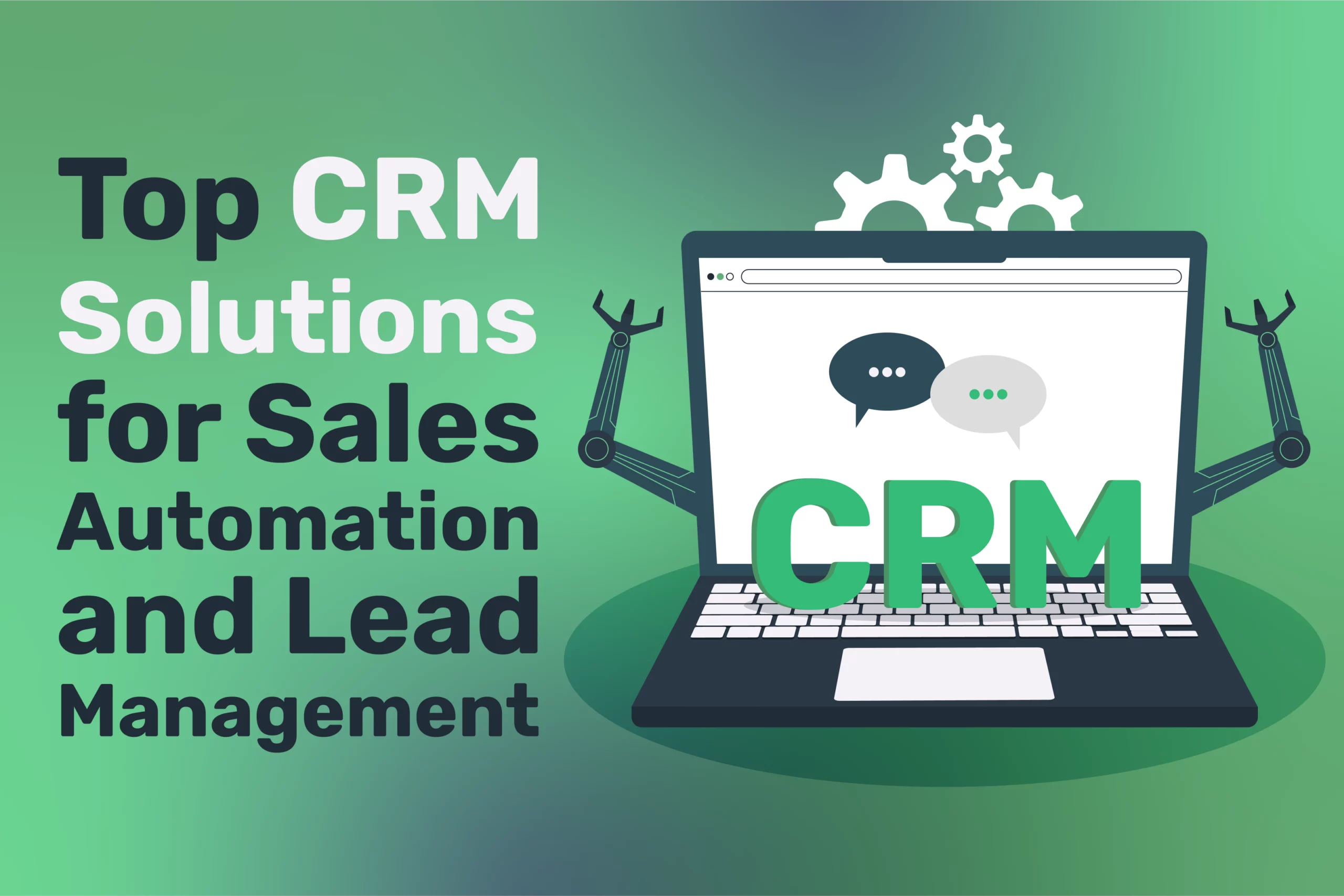
AI for SMEs: Unlocking Competitive Advantage in the Irish and UK Markets
Table of Contents
Small and Medium Enterprises (SMEs) form the backbone of the UK and Irish economies. Yet many feel overshadowed by larger corporations with bigger budgets—especially in the realm of Artificial Intelligence (AI). However, times are changing. With more accessible AI tools and supportive government initiatives, SMEs can harness advanced technology to enhance productivity, deliver better customer service, and remain competitive in fast-evolving markets.
Recent estimates suggest that around 45% of UK/Irish SMEs have started experimenting with AI or automation solutions—a number climbing steadily as success stories demonstrate quick returns on investment. This article explores how SMEs can leverage AI effectively, even without extensive IT resources, plus the practical steps and cultural shifts needed.
“We’ve seen small local shops, independent agencies, and family-owned manufacturing businesses become significantly more competitive by integrating even basic AI tools. It’s no longer just for big tech firms,” says Ciaran Connolly, Director of ProfileTree.
Importance of AI for SMEs
SMEs risk falling behind if they ignore AI, especially as competitors increasingly leverage sophisticated tools to streamline operations and gain an edge. However, AI offers significant advantages that can help small and mid-sized businesses not only keep up but also thrive in a competitive market.
One of AI’s biggest strengths is its ability to automate mundane tasks. From data entry and invoice processing to inventory restocking, AI-powered systems can handle repetitive chores efficiently. This automation frees up employees to focus on higher-value activities, such as customer service and strategic planning, ultimately enhancing productivity.
Beyond automation, AI supercharges decision-making. Advanced analytics can uncover valuable insights about customer trends, cost-saving opportunities, and operational bottlenecks. With AI-driven data analysis, SMEs can make informed choices that optimise efficiency and drive growth.
AI also enables rapid scalability. As SMEs expand, AI can help manage increased workloads without the need for a proportional rise in staffing or operational costs. This flexibility allows businesses to grow sustainably while maintaining efficiency.
Perhaps most importantly, AI adoption signals innovation. Businesses that embrace AI can appeal to tech-savvy customers and attract potential investors who recognise the value of forward-thinking strategies. While some SMEs may perceive AI as complex, the rise of user-friendly solutions is making it more accessible than ever, eliminating a major barrier to adoption.
Overcoming Common AI Adoption Fears
Despite the advantages, SMEs commonly express three major concerns:
- Cost: Budgets are tight, and many fear large up-front investments. However, numerous affordable AI tools exist on subscription models, or even free-tier open-source platforms.
- Skill Gap: Lacking in-house data scientists shouldn’t be a deal-breaker. Some solutions provide no-code interfaces or come with dedicated support from providers. Alternatively, training existing staff can fill knowledge gaps.
- Data Quality: AI’s success depends on well-structured data. SMEs worry they lack the robust datasets bigger companies have. Yet even limited datasets—properly organised—can yield insights. Tools can also combine your data with publicly available sets for deeper context.
Statistic: According to local enterprise agencies, around 70% of SMEs that implement AI in one pilot project see enough ROI to expand AI usage within a year, suggesting fear is often misplaced once they see real results.
AI Use Cases Across SME Sectors
AI is transforming SMEs across various industries, helping businesses streamline operations, enhance customer experiences, and drive growth. From retail and healthcare to finance and manufacturing, AI-powered solutions are enabling SMEs to automate tasks, analyse data more effectively, and scale efficiently. Let’s explore key AI use cases across different SME sectors.
Retail and E-commerce
AI is revolutionising how SMEs operate, particularly in retail, by enhancing efficiency and improving customer experiences. One key application is personalised recommendations. AI-powered tools analyse customers’ browsing and purchase history to suggest relevant products, increasing engagement and boosting the average order value.
Another vital use case is inventory forecasting. By predicting which items are likely to run low, AI helps SMEs maintain optimal stock levels. This prevents overstocking, which ties up capital in unsold inventory, while also ensuring that popular products remain available, reducing missed sales opportunities.
Additionally, AI-driven chatbots are transforming customer support. These virtual assistants handle basic enquiries 24/7, allowing small retailers to provide prompt and consistent service without the cost of round-the-clock staffing. As a result, SMEs can enhance customer satisfaction while maintaining operational efficiency.
Professional Services
AI is transforming how legal and accounting SMEs handle routine yet essential tasks. Document automation allows businesses to streamline processes such as contract drafting, invoice generation, and data extraction from forms. By reducing manual workload, AI helps professionals focus on higher-value tasks like client consultations and strategic decision-making.
Client relationship management is another area where AI proves invaluable. Intelligent systems can analyse customer interactions to flag high-potential leads and suggest timely follow-ups. This ensures that SMEs maximise conversion opportunities and maintain strong client relationships with minimal manual effort.
AI also enhances pricing strategies through predictive pricing or quoting. By analysing past projects, market trends, and complexity factors, AI recommends optimal pricing structures. This not only ensures competitive pricing but also helps SMEs maintain profitability while adapting to changing market conditions.
Hospitality and Tourism
AI is reshaping the hospitality industry by enabling SMEs to optimise pricing, enhance guest experiences, and drive additional revenue. One key application is dynamic pricing, where AI adjusts room or table reservation rates based on real-time demand and local events. This ensures that businesses remain competitive while maximising revenue during peak times.
Guest experience is also improving with AI-powered chatbots. Small hotels and B&Bs can use these virtual assistants to provide travel tips, answer common questions, and offer seamless check-in instructions. This enhances customer satisfaction without requiring constant staff availability.
Additionally, AI facilitates personalised upselling. By analysing guest preferences, AI can suggest relevant add-ons, such as spa treatments or local tours, increasing the chances of additional bookings while enhancing the overall guest experience.
Manufacturing
AI is revolutionising manufacturing SMEs by improving efficiency, reducing downtime, and ensuring high-quality output. One of the most impactful applications is predictive maintenance. By using sensors to track machine performance, AI can anticipate breakdowns before they occur, minimising costly downtime and extending equipment lifespans. This proactive approach helps businesses avoid unexpected repairs and maintain smooth operations.
Production scheduling is another area where AI drives efficiency. By automating schedules, AI optimises workflows, reduces idle time, and factors in lead times and resource constraints. This ensures that production runs seamlessly, improving overall productivity and reducing waste.
Quality control also benefits from AI-powered vision systems. These systems detect defects early in the production process, ensuring consistent product standards even for smaller manufacturing lines. By catching issues before products reach customers, SMEs can maintain their reputation for quality while minimising costly rework.
Food and Beverage
AI is transforming the food and beverage industry by driving innovation, optimising supply chains, and enhancing customer engagement. One exciting application is recipe innovation, where AI analyses ingredient combinations, consumer taste preferences, and trending flavours to suggest new menu items. This helps SMEs stay ahead of market trends and create offerings that resonate with customers.
Supply chain efficiency is another critical area where AI adds value. By predicting demand and optimising distribution routes, AI helps businesses minimise spoilage and reduce operational costs. This ensures that ingredients and products reach their destinations in the most efficient and cost-effective manner.
Customer engagement is also improving with AI-driven chatbots. Whether handling takeaway orders or collecting post-purchase feedback, these virtual assistants provide quick and efficient service. By streamlining customer interactions, SMEs can enhance satisfaction and build stronger relationships with their audience.
Each sector finds unique ways to exploit AI’s capabilities—even with limited resources. The common thread is improved efficiency and data-driven decision-making.
Practical Steps to Start AI Integration
Integrating AI into an SME doesn’t have to be overwhelming. By starting with clear goals and a step-by-step approach, businesses can gradually adopt AI solutions that enhance efficiency and drive growth. From identifying the right use cases to selecting user-friendly tools, here are practical steps to help SMEs begin their AI journey.
Identify a Quick-Win Project
- Start small. Maybe you’d like to reduce customer support queries by half. A simple chatbot could address FAQs. Or if stock-outs are frequent, begin with inventory forecasting AI.
- This approach shows early ROI, encouraging staff acceptance.
Ensure Data Readiness
- Begin by cleaning your spreadsheets or databases. If you’re implementing predictive analytics, confirm the relevant data (sales history, client details) is up-to-date and consistent.
- If data is scattered in multiple systems (POS, CRM), consider merging or adopting integrative platforms.
Assess Tools vs. Custom Solutions
- Off-the-shelf AI software can be cost-effective for standard tasks (like invoice scanning, chatbots).
- If your needs are highly specific, you might need a customised solution—though that demands more resources or external experts.
- Weigh cost, time to deploy, and your in-house skill set.
Collaborate with Experts
- If no staff have AI experience, consider short-term consultancy or training. ProfileTree offers to help you pick the right AI approach, ensuring you remain in control.
- External guidance reduces the risk of misapplication or wasted investment.
Train and Communicate
- Staff may worry about job displacement. Emphasise that AI handles routine tasks, enabling employees to focus on creative, relationship-based, or strategic responsibilities.
- Provide basic AI literacy so people trust the system’s outputs. Engaged employees often find new ways to use AI in their roles, boosting overall success.
“We often advise starting with a single pain point where AI can quickly shine—like automating invoice data entry. Once teams see tangible gains, they’re more open to adopting broader AI solutions,” notes Ciaran Connolly.
Government and Local Support
There’s an increasing recognition that SMEs are vital for national growth. Both the UK and Irish authorities have launched programmes encouraging AI adoption:
- Innovation Vouchers: In Ireland, SMEs can access funding or vouchers to collaborate with higher education institutes for R&D, including AI trials.
- Growth Hubs and Digital Boost: Various UK-based Growth Hubs offer training grants or advice for smaller firms wanting to modernise operations.
- Tax Incentives: R&D tax credits may cover part of AI project expenses, beneficial for those developing or customising AI software.
- Local Enterprise Offices: Provide workshops, mentoring, and sometimes financial assistance to adopt digital tools.
Tapping these resources can offset costs, guide strategy, and help your SME keep up with larger competitors.
Overcoming the AI Skills Gap for SMEs
One of the biggest challenges SMEs face when adopting AI is its perceived complexity. Many small businesses lack in-house data scientists or machine learning engineers, making AI seem out of reach. However, several practical solutions can help bridge this skills gap and make AI adoption more accessible.
One approach is leveraging no-code AI platforms. These tools, such as automated machine learning suites, allow businesses to upload data and generate predictive models with minimal coding expertise. This makes AI integration feasible for simpler use cases like basic forecasting, helping SMEs unlock insights without requiring specialised knowledge.
Another effective strategy is upskilling current staff. Short AI courses or workshops can familiarise employees with AI fundamentals, empowering them to incorporate AI-driven tools into their roles. For example, a marketing manager could learn how to use an AI-powered copywriting assistant to streamline content creation.
For more advanced AI projects, hiring or outsourcing may be the best option. Bringing in a data analyst or partnering with an agency like ProfileTree can ensure that AI implementation is handled effectively without overwhelming internal teams.
Additionally, SMEs can benefit from engaging with AI communities. Local tech meetups and industry events provide opportunities to connect with experts, potential collaborators, and advisors. Ireland’s thriving tech scene, particularly in Dublin, hosts numerous AI-focused gatherings that can offer valuable insights and networking opportunities.
Ultimately, bridging the AI skills gap requires a shift in mindset. Employees who view AI as a helpful tool rather than a threat are more likely to embrace learning opportunities. Encouraging experimentation—such as allowing staff to test new AI software in pilot projects—can build confidence. Recognising and rewarding early successes will further foster a culture of innovation, making AI a natural part of business growth.
Real-Life SME Success Stories
Seeing AI in action can be the best way to understand its impact. Across various industries, SMEs are leveraging AI to streamline operations, enhance customer experiences, and boost profitability. From automating tasks to making data-driven decisions, these real-life success stories highlight how AI is helping small businesses thrive in an increasingly competitive landscape.
Family-Run Clothing Store
A small clothing retailer in Cork implemented an AI chatbot on its e-commerce site to handle size queries and shipping questions. Freed from repetitive answers, the two-person customer service team could focus on more complex or personalised requests. Within three months, live chat wait times halved, and overall sales rose by 15%.
Niche Food Manufacturer
A bakery specialising in gluten-free goods used an AI-based predictive tool to manage ingredient inventory. By analysing sales data, seasonal demand, and local event schedules, the system avoided over-buying perishable stock. Waste fell by 30%, saving them thousands of euros each quarter.
Digital Agency in Manchester
A small digital marketing agency integrated AI-based SEO software that tracked keyword trends and auto-suggested blog topics for clients. The agency’s content creation process became more data-driven, letting them service more clients without expanding their copywriting team significantly. Client retention improved due to better SEO results.
The Role of ProfileTree for AI Adoption
ProfileTree understands that for many SMEs, AI remains intimidating. Our mission is to simplify and contextualise AI solutions, ensuring they align with each SME’s unique challenges.
- Consultancy and Roadmapping: We identify quick-win AI projects based on your pain points—be it marketing, operations, or data analytics.
- Implementation: We help set up chatbots, automated workflows, or ML models, working within your existing systems.
- Training and Workshops: We demystify AI for staff, equipping them with the knowledge to use these tools confidently.
- Ongoing Support: AI requires iteration. We offer analytics, adjustments, and expansions so your solutions stay effective as your business evolves.
“SMEs have always been adaptable, and AI is another step in that evolution. Our job is to ensure the journey is smooth, cost-effective, and truly beneficial,” states Ciaran Connolly.
Future Outlook for AI in UK/Irish SMEs
Looking ahead, we can expect:
- Greater Accessibility: More user-friendly AI solutions will surface, targeting SMEs’ budgets and skill levels.
- AI Partnerships: SMEs may team up with each other or with third-party vendors to share data pools, creating more robust AI insights.
- AI-driven Personalisation: Even small shops can tailor product suggestions or marketing content in real time, rivalling bigger e-commerce players.
- Ethical and Sustainable AI: Consumers increasingly care about responsible AI usage—SMEs can differentiate themselves by being transparent and ethical, building trust within local communities.
As digital natives become the majority of the workforce, the learning curve shrinks. SMEs that start adopting AI now could be well-positioned to scale quickly, harnessing the next wave of AI breakthroughs.
Leap Forward for Small Businesses
AI is no longer the preserve of multinationals or tech giants. In the UK and Ireland, SMEs stand to gain significantly—from automating mundane tasks and improving customer relations to discovering profitable insights in their data. While challenges exist—cost concerns, skill gaps, data readiness—they’re becoming more surmountable every day.
Ultimately, embracing AI can be the catalyst that transforms your SME from a modest local player to a digitally savvy competitor. By starting small, focusing on high-impact use cases, leveraging available support, and fostering an internal culture of innovation, you can set your enterprise on a path of growth and resilience.
If you’re ready to unlock the power of AI for your SME, book a call with ProfileTree. Our expertise in digital strategy, AI training, and implementation ensures you get real-world results without the complexity. Let’s pave the way for your business’s future success.




